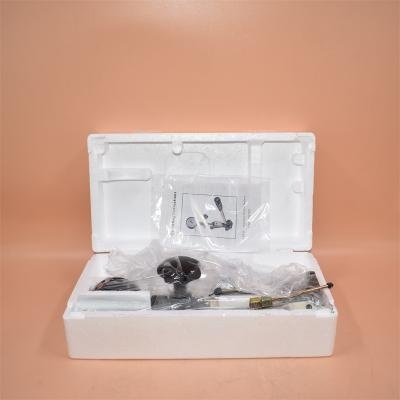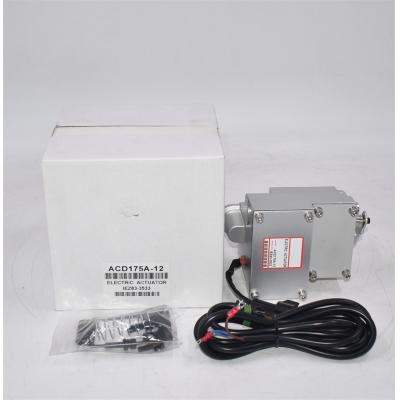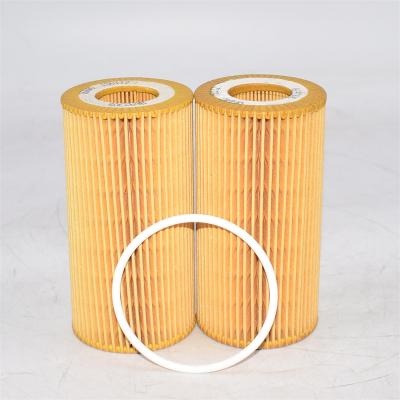What happens if the vehicle's air filter gets wet?
If your car's air filter gets damp, your engine will not work properly, because water will occupy the space through which air passes. But if you let the engine run long enough, moisture will not harm your car or engine.
Here you are.
It's really simple - if you're just looking for the answer to this superficial question.
But if you look under the hood again (pun), you may not know that your air filter has a secret.
This is a secret. If you don't know it, it will easily cost you 3000 dollars or more.
I'd love to share it with you, because it's worth knowing. But first, you need some context.
Why does the air filter get wet?
Your air filter will get wet for many reasons. At the end of the day, your air filter is a vacuum that can suck everything from rain, snow, fog to condensed water in the engine. When your engine is running, it must draw in a lot of air to keep running. In doing so, many other things will eventually be sucked in with the air. The job of your air filter is to capture air before it enters the engine, which sometimes means that water will also be drawn in.
This raises a question...
Is It Bad To Use A Wet Air Filter?
Maybe.
Yes, I realize this is a little bit different than the first answer I gave you in the beginning.
But let me explain, I think it makes more sense.
Assuming your car is running normally, your air filter may not be wet enough to cause problems.
For example, many people worry about what will happen if their air filters get caught in the rain.
Fortunately, this is not something you really need to worry about.
When your engine is running, it is very hot. This heat, combined with the amount of oxygen drawn into the engine, is enough to evaporate a small amount of water.
In most cases, your air filter will not contact enough water, which will be a problem. Rain is an example. In the design of our car, we took into account that in addition to splashing puddles and other good things, there will also be some rain water entering the hood.
So assuming you’re just doing regular driving, you shouldn’t have to worry about your air filter getting rained on.
But it’s a much different story if you leave your air filter out in the rain for some reason. But why would you do that? You don’t just take your air filter off the car every time you get home, do you?
There’s probably someone out there who does. No judgement. I wear mismatched socks, which some people think is weird.
Be yourself, even if that means taking your air filter off every time you get home. Just make sure you put it somewhere dry!
Because with your air filter, it’s not a matter of wet, but of how wet.
As the air filter gets wetter, engine performance will decline, especially at high speeds. You will notice that your engine must work harder to produce the same amount of gas.
And even worse, a soaked air filter can actually do some damage. For example, I have seen several cases in which the soaked air filter is likely to cause a short circuit of the mass air flow sensor.
Obviously you’ll want to avoid that happening if possible. The best way to avoid having a problem with a wet air sensor is to understand the symptoms of such a thing.
Then, you can diagnose the problem and fix it before it becomes a problem, as I will show you.
What are the symptoms of a wet air filter?
A wet air filter generally reduces performance. The wetter it is, the more noticeable the loss of performance.
Some major symptoms your air filter is wet are:
1.Engine misfires
2.Rough idling
3.Difficulty starting the engine
4.Engine coughing or vibrating when running
5.Reduced power
6.Gasoline smell
You will notice that the reason is that the wet air filter will reduce the amount of air entering the engine, thus causing these symptoms. The symptoms of a wet air filter are very similar to the symptoms of a dirty or plugged air filter.
The funny (or unfunny, depending on how you look at it) is if your air filter gets wet frequently, that can lead to it getting clogged. Whether that’s because of mold or mildew building up, or because water and dirt can combine to form a nice mud coating which will mess your air flow up.
With that being said…
The wet air filter is (probably) not the reason why your car can't start
Sometimes my customers ask me if a wet air filter is to blame for their car not starting. In 20 years as a mechanic, I haven’t seen a wet air filter cause a car not to start.
Theoretically, if your filter is completely waterlogged, this is possible, but if so, your air inlet will also be flooded, and you will have a bigger problem.
Normally, water enters the spark plug and cylinder, not the air filter.
You can check for this by removing the spark plugs and drying them. Then, turn the engine to drain the water from the cylinder. Replace the spark plug and check it after drying.
If your car starts, your air filter is not a problem.
So yes, if water gets into the air filter, your car will probably start unless your air intake is completely waterlogged.
And at that point you have other problems.
OK, but how about cleaning? Can you clean the car filter with water?
Guess what? There are definitely reusable air filters that you can clean and reuse. Better still, you can wash them with water without any adverse effects.
Just make sure your car doesn't use a paper air filter, and you really don't want to wash it with water.
Your air filter is usually located in a plastic or metal box. You need to open it before you can use the air filter. Older cars may require you to unscrew part of the housing, while newer cars can usually be loosened.
If your car's air filter is very dirty (I mean dirty to the point where you can't see the original color), you can wash it with water. Otherwise, you'd better use a vacuum cleaner to clean it.
The following is how to clean the air filter with water. I personally suggest doing this on weekends, because you need to let the filter dry for 24 hours, so you don't want to do anything.
TLDR: Keeping the air filter clean and not wet is good for the engine and will extend its life and performance.
The wet air filter will reduce the performance of the car.
If your filter stays wet it can cause the engine to choke or otherwise run rich. Over time this can cause water to make its way into your engine where it can mix with oil and cause a big mess.
Therefore, it is worth noting the symptoms of the wet air filter. It can save you the cost of replacing the engine, which may exceed 3000 dollars.
























